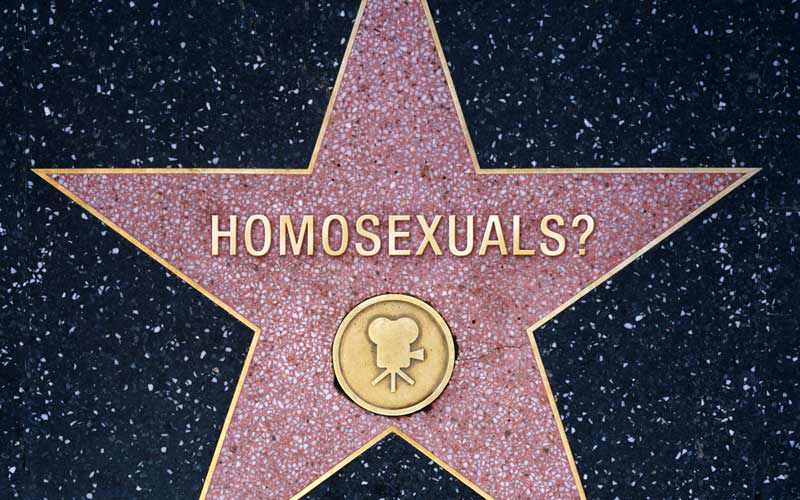 TD Original
TD Original
Year of the Queer: Hollywood and Homosexuality
Feb 27, 2006 Truthdig's Larry Gross, a pioneer in the field of gay studies, argues that for all the hoopla surrounding "Brokeback Mountain" and this year's spate of gay-themed films, there is little about them that upends Hollywood conventions or challenges popular ideas about homosexuality. "Hollywood and much of the media may be awash in liberal self-congratulation," Gross writes, "but they--and we--are also soaking in the familiar hypocrisy of homophobia." Update: Down to the WireGross argues that for all the hoopla surrounding "Brokeback Mountain" and this year's spate of gay-themed films, there is little about them that upends Hollywood conventions or challenges popular ideas about homosexuality. 1 2 3 4 5First, there's the daring casting of valuable properties, excuse me, actors, in potentially controversial roles. Every time one of these screenplays comes along there's the usual game of figuring out which actors might be cast in a gay role. The presumption, often unspoken but often explicit, is that such roles are career poison. Newsweek's Smith quotes an unnamed "top producer" opining about Jake Gyllenhaal's choice of the role: "It's the most stupid move he could make. It'll alienate his teen-girl fan base and could kill his career. What a waste." Similar views were expressed about his co-star, Heath Ledger. But, the facts are quite different. In reality, "gay for pay" roles have frequently been undertaken by certifiably (or at least ostensibly) straight actors. The fact that few filmgoers remember the 1969 movie "Staircase" is due more to its mediocre script than to the fact that two of Hollywood's most notorious heterosexuals, Richard Burton and Rex Harrison, starred as a long-time gay couple. Similarly, Shirley MacLaine ("The Children's Hour"), Rod Steiger ("The Sergeant") and Marlon Brando ("Reflections in a Golden Eye") all survived the career threat of a gay role, even while their characters all paid the obligatory price by committing suicide.
More damaging to the myth of career-suicide-by-gay-role is the impressive list of Oscars won by straight actors for their amazing feats in depicting queers. William Hurt won for 1985's "Kiss of the Spider Woman"; Tom Hanks for 1993's "Philadelphia" (Antonio Banderas played Hanks' lover without damaging his heterosexual credentials); Hilary Swank won her first Oscar for playing a transgendered character in "Boys Don't Cry" in 1999, and Charlize Theron won hers for playing a lesbian serial killer in "Monster" in 2003 (no doubt earning extra credit for gaining lots of weight as well).
It's worth noting that all of these award-winning performances have depicted characters who are dead at the end of the story: murdered (Hurt and Swank), executed (Theron) or dead of AIDS (Hanks). No happy endings here, much like the "gay cowboys" of "Brokeback Mountain." We're still well within the confines of Hollywood's favorite roles for minority characters: villains or victims. Villains when a movie treats them badly (think "The Birth of a Nation"), and victims when they're being treated more favorably.
The praise these straight actors have garnered for their awesome achievements in portraying gay folks somehow obscures the reality that every day on Hollywood's large and small screens legions of lesbian and gay actors are convincingly portraying heterosexual characters. Somehow, though, these achievements go without notice or recognition. And herein lies an important part of the story: Hollywood's devotion to the public heterosexuality of its stars.
Despite all the cultural changes of the past few decades -- applauded by liberals and mourned by conservatives -- the entertainment industries remain obsessed with a concern for the supposed prejudices of the mass audiences they seek to attract. Sometimes these audience biases are real, but much of the time industry decision makers are caught up in a self-fulfilling illusion in which they attribute to the masses attitudes that they themselves claim not to share.
You need to be a supporter to comment.
There are currently no responses to this article.
Be the first to respond.